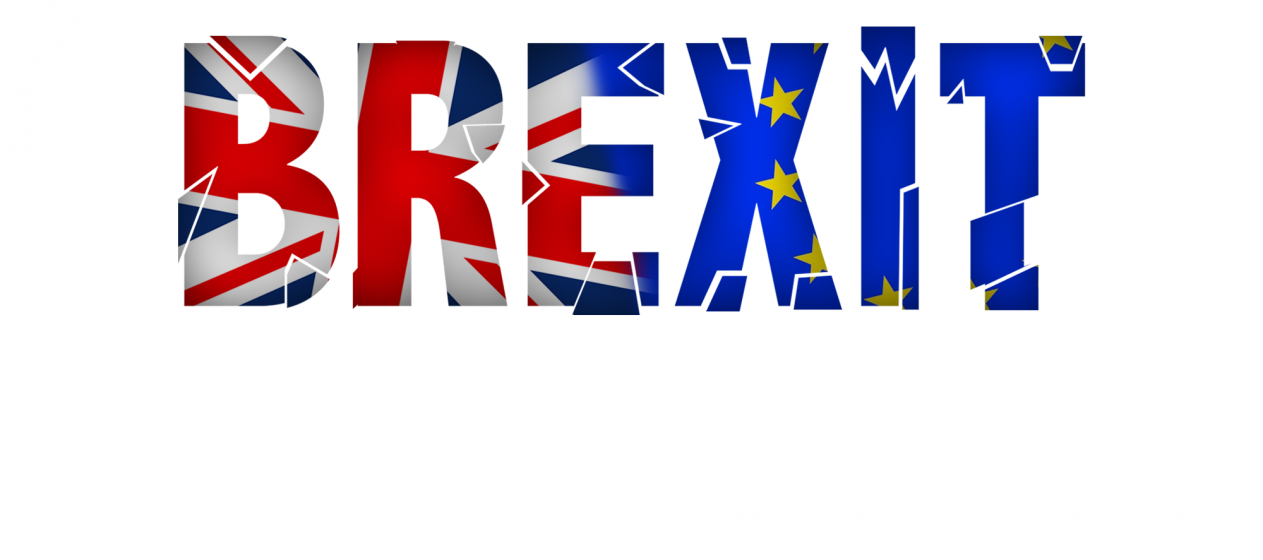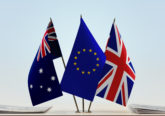This brief will discuss the current issues affecting UK stakeholders in the cross-border audio-visual services sector. It is written in light of the replies to the public consultation on Directive 2010/13/EU on Audio-visual Media Services (AVMSD), the Commission’s Regulatory Fitness (REFIT) exercise, the public consultation on the EU Satellite and Cable Directive, national consultations and a possible exit of the UK from the EU. The paper also draws on anonymised responses to an online survey run by the author. The paper’s findings are considered in the context of current market trends: the increase in high definition channels, decrease in television watching (e.g. DTT, cable, satellite, IPTV) particularly amongst the younger populations, the move towards on-line and on-demand services and changes in content investment.
If the UK were to withdraw from the EU, companies would still be able to broadcast to Europe from the UK under an EEA or possible bi-lateral agreement. However, the UK would no longer have a vote on Single Market decision-making within the Council of Ministers and no representation in the European Parliament. It would cease to have formal representation in soft governance fora such as BEREC and ERGA. Future changes to EU communications policy could affect UK interests and UK-based stakeholders might change their preferences accordingly.
Many in the industry have expressed concerns over Brexit. A survey conducted by Pact found that 85 per cent of its members were in favour of the UK remaining in EU. Enders reports that the advertising market, which is a growth area for the UK, will suffer as “a post-Brexit recession will cause a hyper-cyclical decline in the advertising revenues of broadcasters and publishers”.
This article will look at current European Commission proposals that affect cross-border broadcasting to understand why stakeholders are so concerned about Brexit and tease out different scenarios. The section focuses on European Commission proposals to revise the Audio-visual Media Services and SatCab Directives (AVMSD). The AVMSD proposal is expected in the summer of 2016.
Most UK concerns over Directive revisions relate to a possible change in the definition of the country of origin (COO) principle. The European Commission concluded that there should be no changes to AVMSD for measures on accessibility, the listing of events or the right of reply. However, it stated that there was no consensus on commercial communications, protection of minors and changes to European works quotas.
From its consultation, the EC found that there is no appetite for changing the country of origin principle within AVMSD. However, it does not rule out a change to the definition of the principle as occurred in 1997. The 2015 AVMSD consultation queried whether there should be a derogation to the country of origin principle in the areas of 1) incitement to hatred 2) ‘where editorial decisions on an audio-visual media service are taken’ 3) where broadcasters try to circumvent stricter rules in specific Member States and 4) protection of minors.
The DCMS response the European Commission AVSMD consultation stated that “the country of origin principle (COO) is a fundamental and critical precondition for the generation of a Digital Single Market in content; it is the core of the directive and must not be lost or eroded”. ITV states “we are therefore not convinced that an extension or adaptation of country of origin principle, for example to online VOD, would result in the creation of an internal market for audio-visual content”.
A 2016 COBA report states that “under current proposals for changing the principle, many VoD services would almost certainly cease to be viable”. The lack of appetite for a change in AVMSD may lead to a change to the principle in other Directives. Indeed, the European Commission queried to a possible change in the country of origin principle within the SatCab Directive. In response in the SatCab Directive, Sky responded that “Sky is concerned that the SatCab Directive review, which did not originally form part of the DSM strategy, was included in the strategy at the very last minute, with no prior impact assessment”.
AVMSD is expected to be revised within the next two years before the UK officially would leave the UK if Brexit occurs and might possibly be decided during the UK Presidency of the Council of the EU. However, if Directive revision is delayed, and the UK was to leave the EU and not contribute to AVMSD final revisions, there could be a change to the Directive, which might not be favourable to UK interests. Or the Directive could be updated again after the UK leaves. This could potentially make the UK less attractive as a base for companies’ operation.
Regarding derogation to the COO based on hate speech, this could be interpreted in many ways by Member States particularly in Central and Eastern Europe which have historically had stricter interpretations of hate speech than the UK. Regarding, a change to the definition of COO in relation to editorial control, this could affect operators like MTG which takes editorial decisions on programming in Stockholm. For example, if the COO was redefined based upon editorial decision-making, licensing for MTG would be changed to Italy and Germany respectively and Sweden.
Regarding derogation to the COO based on the protection of minors, this could affect UK operators that provide children’s channels to Nordic states. The Nordic states have long lobbied for an opt-out for jurisdiction over children’s programming on the grounds of the protection of minors. There are many UK operators that provide children’s programming from the BBC to Disney and Discovery whose channels might no longer be licensed in the UK. Another effect could be a loosened of advertising restrictions to channels broadcasting to the UK. The UK has concerns about looser advertising restrictions particularly in regard to protecting minors against the advertising of foods high in fat, salt and sugar (HFSS) and watersheds for linear content (or parental controls for non-linear services).
On other advertising issues, UK stakeholders are divided. Some want looser advertising restrictions on advertising techniques and electronic programme guides (EPGs) e.g. the UK has prioritised public service broadcasters and people with disabilities. Others want tighter restrictions. There is also mixed response to whether there should be access obligations for all delivery platforms.
The European Commission also queried whether it should apply a “dominance test” for content providers and distributors. Although this proposal has been framed in the context of media pluralism, ultimately, this could potentially move competition decisions on media markets to the European level. What this could eventually mean is that the subsidiarity opt-out, long supported by the UK, which permits Member States to apply lowered thresholds and public-interest tests in national competition decisions on media mergers and acquisitions could be lost. A potential change to competition law has potential implications for BBC provision of public service broadcasting under state aid rules.
Lastly, there is mixed UK stakeholder response to the extension of AVMSD rules to on-demand content provision. The Commission has proposed that AVMSD should be extended to online content (e.g. audio-visual user-generated content or audio-visual content within social media), including non-audio-visual content (e.g. still images). For example, Youtube or Facebook increasingly provide streaming services and existing providers view them as direct competitors.
What is clear is that the European Commission is most likely going to propose that on-line services based in non-EU states are blocked and must establish an EU base e.g. from services such as Google Play, Microsoft Store, Youtube and Vimeo registered in the United States and other channels broadcasting into Europe (e.g. from Russia and the Middle East). The feasibility of these proposals must be considered in the context of on-going TTIP negotiations and (more widely) general bilateral relations between non-EU and EU Member States.





